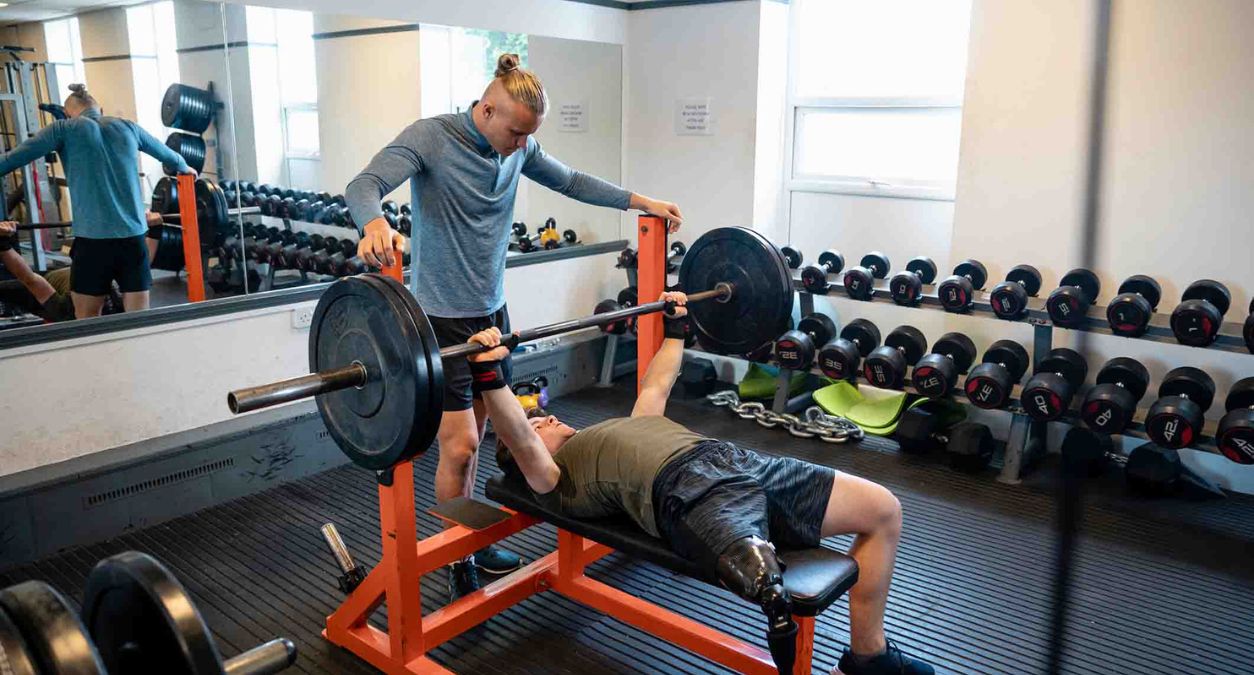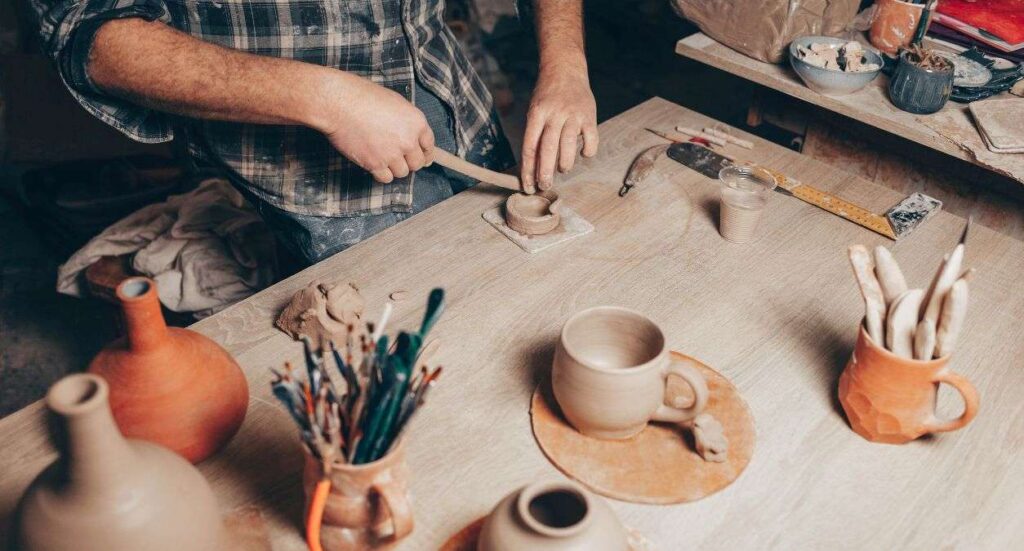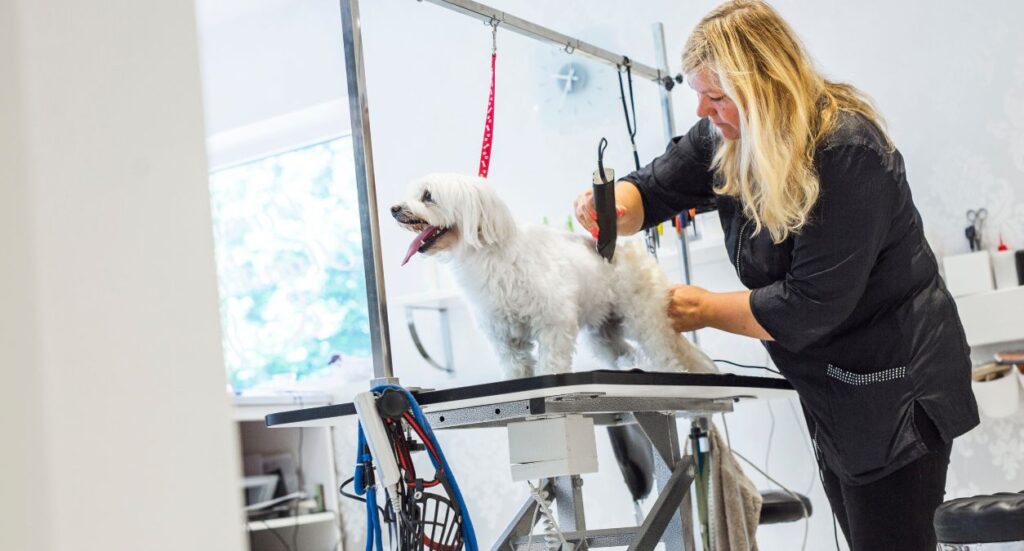Table of contents
Personal trainers are in high demand in many parts of the UK, as people of all levels of fitness look for support in improving their performance or in losing some weight. At first glance, it’s easy to think that learning how to become a personal trainer is relatively simple, and just needs some decent know-how on fitness and exercise. But there’s a lot more to it than you might think.
Running a personal training operation is much like running any small business, and needs a certain level of aptitude in many different areas, from promoting your enterprise to how you deal with customers. In this guide, we’ll explore eight of the most important skills you need to be a personal trainer, including:
- Fitness knowledge
- Marketing skills
- Communication
- Positive attitude
- Willingness to improve
- Reliability
- Flexibility
- Patience
Get Personal Trainer Insurance from Protectivity
*Disclaimer – This blog has been created as general information and should not be taken as advice. Make sure you have the correct level of insurance for your requirements and always review policy documentation. Information is factually accurate at the time of publishing but may have become out of date.
Last updated by

















